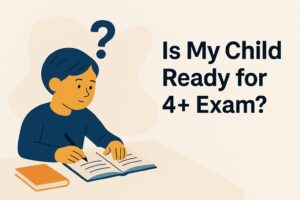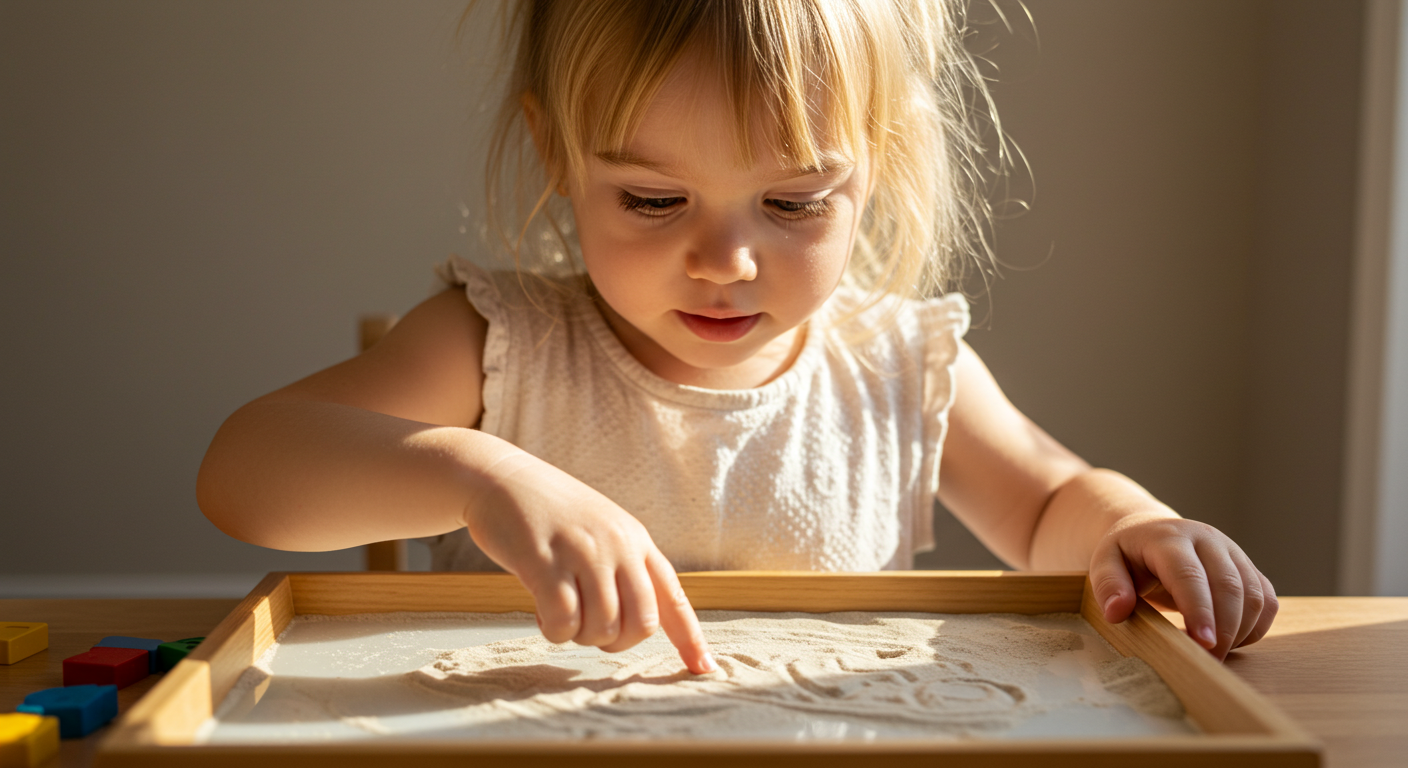
Which Early Learning Skills Matter Most for 4+ Success?
Unlocking the door to early learning is like planting seeds for a child’s future success. The skills they develop at 4 and beyond can set the stage for lifelong learning and adaptability. From cognitive abilities to emotional intelligence, each skill plays a crucial role in shaping well-rounded individuals.
Curious about what specific early learning skills truly matter? Let’s dive into the essentials that can make a world of difference in your child’s developmental journey!
Importance of Early Learning
The first five years of a child’s life are crucial for brain development, with approximately 90% of brain growth occurring by the age of five. Engaging children in structured educational programmes during these formative years can significantly enhance their cognitive, social, and emotional skills. Research indicates that children who participate in high-quality early education tend to achieve better academic performance later on.
For example, a 2019 study found that children enrolled in such programmes scored, on average, 25% higher in reading assessments by Year 3.
To maximise these benefits, parents can utilise resources like the HighScope curriculum, which emphasises active learning, or invest in play-based educational toys that encourage social interaction and creativity. For families considering schools that require a 4+ assessment test as part of their admissions process, these activities also serve as excellent preparation. The focus of such assessments is often on a child’s early literacy, numeracy, communication, and social confidence—skills that naturally develop through structured play and storytelling.
Additionally, incorporating storytelling and group activities can further support emotional development, establishing a strong foundation for lifelong learning.
Overview of Skills for 4+ Success
Success for children aged four and above relies on a balanced combination of cognitive, social, and emotional skills, which together foster overall development. Key skills that are essential in this regard include literacy, numeracy, self-regulation, and communication.
Literacy equips children with the ability to recognise letters and sounds, while numeracy helps them develop a foundational understanding of basic maths concepts. Social skills are crucial, as they enable children to engage positively with their peers, promoting teamwork and cooperation.
Additionally, emotional competencies such as empathy and self-control allow children to navigate their own feelings and gain insight into the emotions of others.
These skills are particularly important for children preparing for 4+ exams, which many schools use as part of their admissions process. While the assessments vary, they often explore early literacy, numeracy, problem-solving, and social interaction. Helping children build these abilities not only supports exam readiness but also lays the groundwork for confident, curious learners who thrive in school and beyond.
By utilising the Head Start Framework, educators can design a holistic curriculum that seamlessly integrates these skills, ensuring that children are well-prepared for the challenges of school life.
Core Cognitive Skills
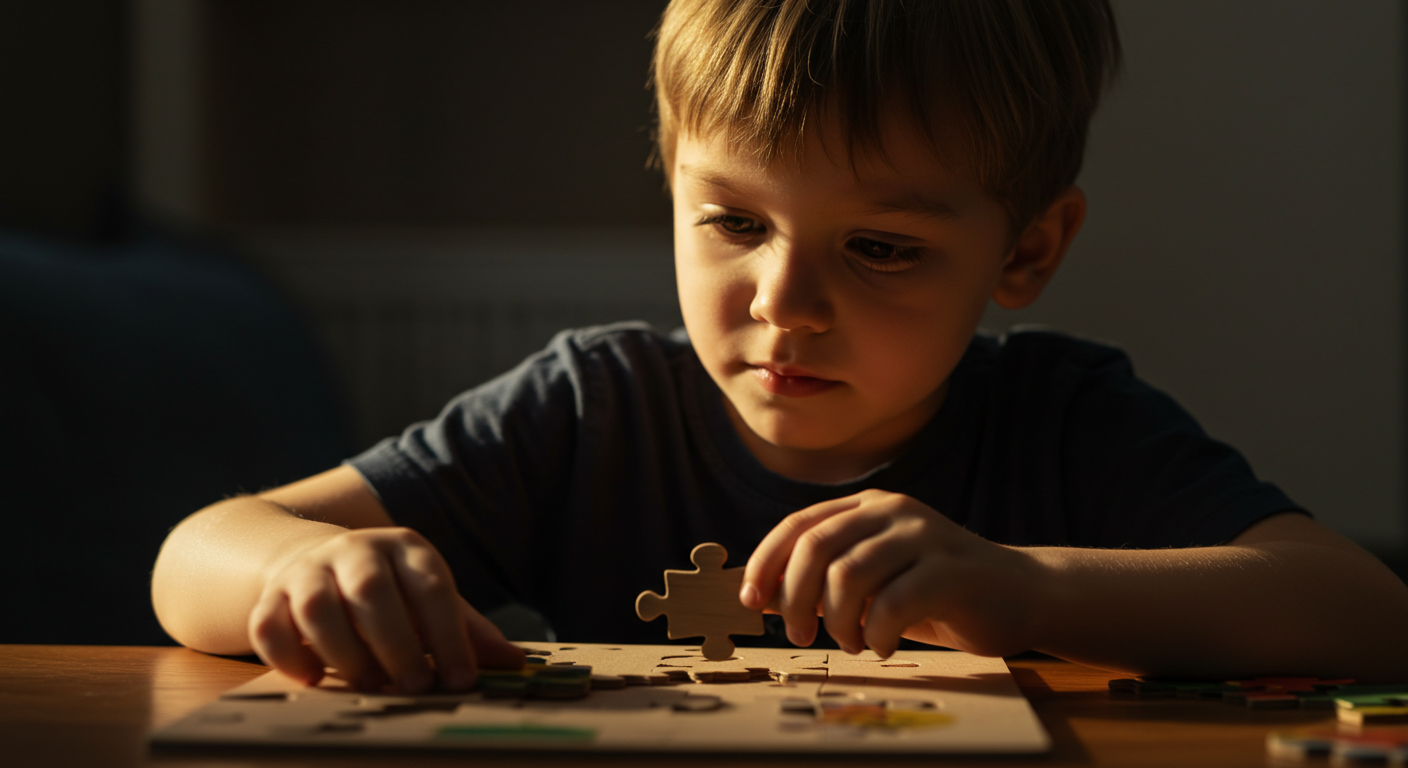
Core cognitive skills play a vital role in effective learning. They enable children to think critically, solve problems, and retain information efficiently.
Critical Thinking
Fostering critical thinking in preschoolers significantly enhances their ability to analyse situations, ask pertinent questions, and develop effective solutions. Engaging activities play a crucial role in nurturing this important skill.
For instance, utilising LEGO Education sets encourages open-ended building and problem-solving, allowing children to create and experiment freely. A simple play-based activity such as mystery bag sorting—where children feel and guess objects hidden in a bag, then explain their reasoning—can also strengthen observation, inference, and decision-making skills in a fun, hands-on way.
Incorporating story prompts that pose questions such as
“What happens if…?”
can stimulate their imaginative thinking. Additionally, role-playing games, where children must make decisions based on different scenarios, further enhance their critical thinking abilities.
Interactive tools like Kahoot! can also spark discussions through enjoyable quizzes, prompting children to consider various outcomes.
It is beneficial to aim for at least one critical thinking activity each day, gradually building this essential competency in young learners.
Problem-Solving Abilities
Teaching problem-solving skills is essential in helping children approach challenges with confidence and think creatively in different situations.
Incorporating interactive activities can greatly enhance these skills. For instance, engaging students in puzzles can foster critical thinking, while role-playing scenarios allow them to practise resolving real-life problems.
Group projects promote collaboration, enabling children to tackle complex challenges together. Additionally, hands-on STEM activities ignite creativity and innovation, making the process of problem-solving enjoyable and dynamic.
Research indicates that these methods can increase participation by as much as 30%, as children feel more invested and genuinely enjoy their learning experience.
Memory and Retention
Memory and retention skills play a crucial role in the learning process for young students, directly influencing their ability to recall information and experiences with ease. To enhance these skills, educators can implement techniques such as storytelling and repetition games.
For example, storytelling can captivate students emotionally while embedding important lessons within memorable narratives. Repetition games, like those using ‘BrainQuest’ flashcards, encourage active recall by prompting students to consistently retrieve information.
These flashcards cover a wide range of subjects, making the learning experience both interactive and enjoyable. By incorporating these strategies into their regular lessons, educators can significantly improve memory retention and equip young learners with effective techniques they can use throughout their educational journey.
Language and Communication Skills
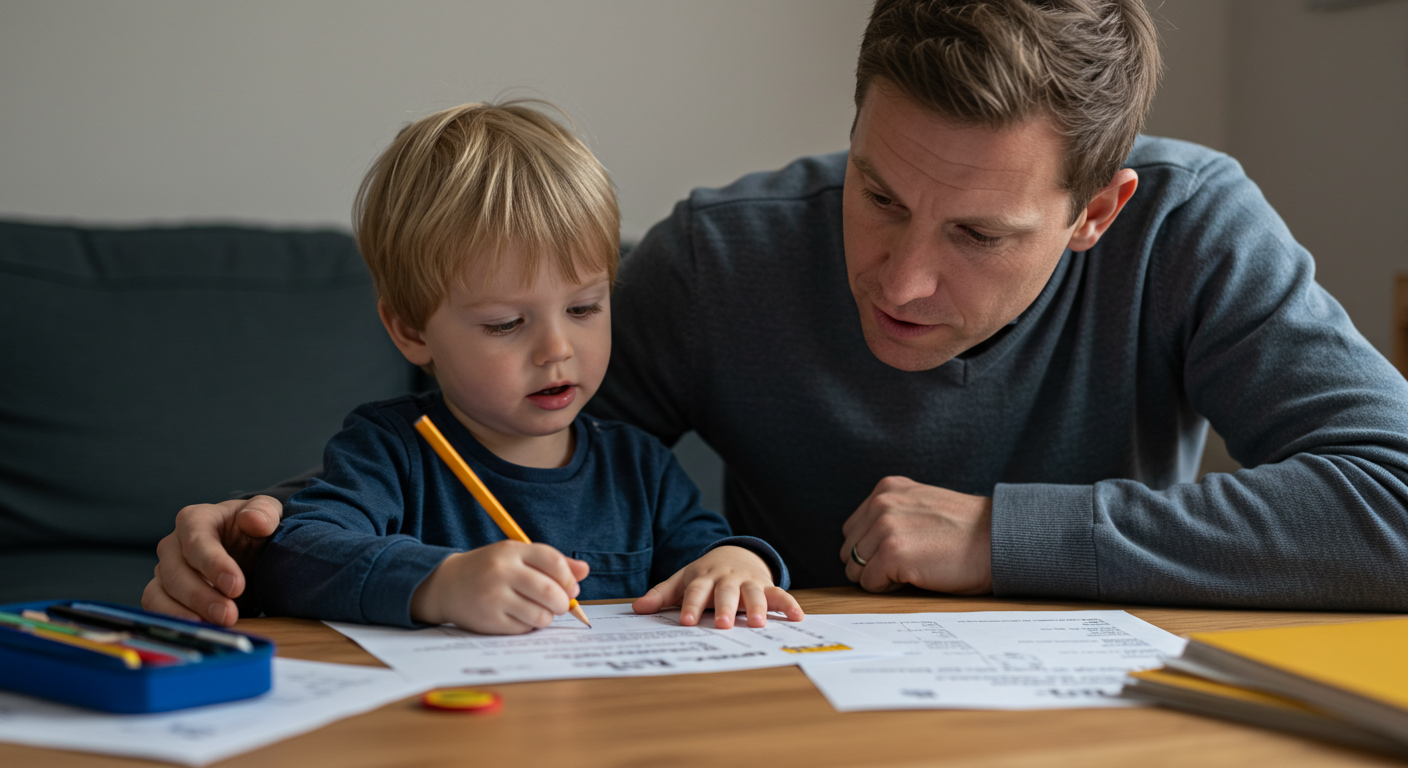
Developing language and communication skills during early childhood is essential for fostering effective interaction and facilitating literacy development. Implement this by following the methodology in our summer holiday learning activities that boost learning and communication skills.
Vocabulary Development
A rich vocabulary significantly enhances children’s ability to express themselves and comprehend the world around them, forming a solid foundation for literacy. To improve vocabulary, it is beneficial to read aloud together; this practice not only builds listening skills but also introduces new words within context.
Incorporating thematic word walls in their room can visually reinforce these words, seamlessly integrating them into daily life. Additionally, digital tools like Starfall provide interactive vocabulary exercises, making the learning process more engaging and enjoyable.
Research indicates that children exposed to a variety of vocabulary strategies can experience up to a 40% increase in word retention. By combining these methods, you can create a rich linguistic environment that fosters enhanced communication and comprehension skills.
Listening Skills
Effective listening skills are crucial for understanding, as they enable children to follow directions and participate in meaningful conversations. To improve these skills, consider incorporating activities such as Simon Says, which can help develop attentiveness and responsiveness.
Storytelling sessions can greatly enhance comprehension; research indicates that children’s understanding can increase by as much as 40% when they actively engage in retelling stories. Additionally, introducing group discussions allows children to share their thoughts on specific topics, further promoting active listening.
Utilising tools like audiobooks or listening apps can provide diverse auditory experiences, making the process of reinforcing these skills enjoyable and engaging.
Expressive Language
Cultivating expressive language skills allows children to express their thoughts and feelings with confidence and clarity. To enhance these skills, it is beneficial to incorporate targeted exercises such as role-playing scenarios and storytelling sessions.
For example, a role-playing activity could involve children taking on the roles of their favourite book characters, enabling them to convey emotions and thoughts in a supportive environment.
Storytelling can also be integrated through programmes like Awakening the Mind, where participants engage in guided narratives. Participants in such programmes often report a remarkable 50% increase in their expressive language abilities.
Combining these activities with consistent feedback and encouragement fosters an environment that promotes confident communication.
Social and Emotional Skills
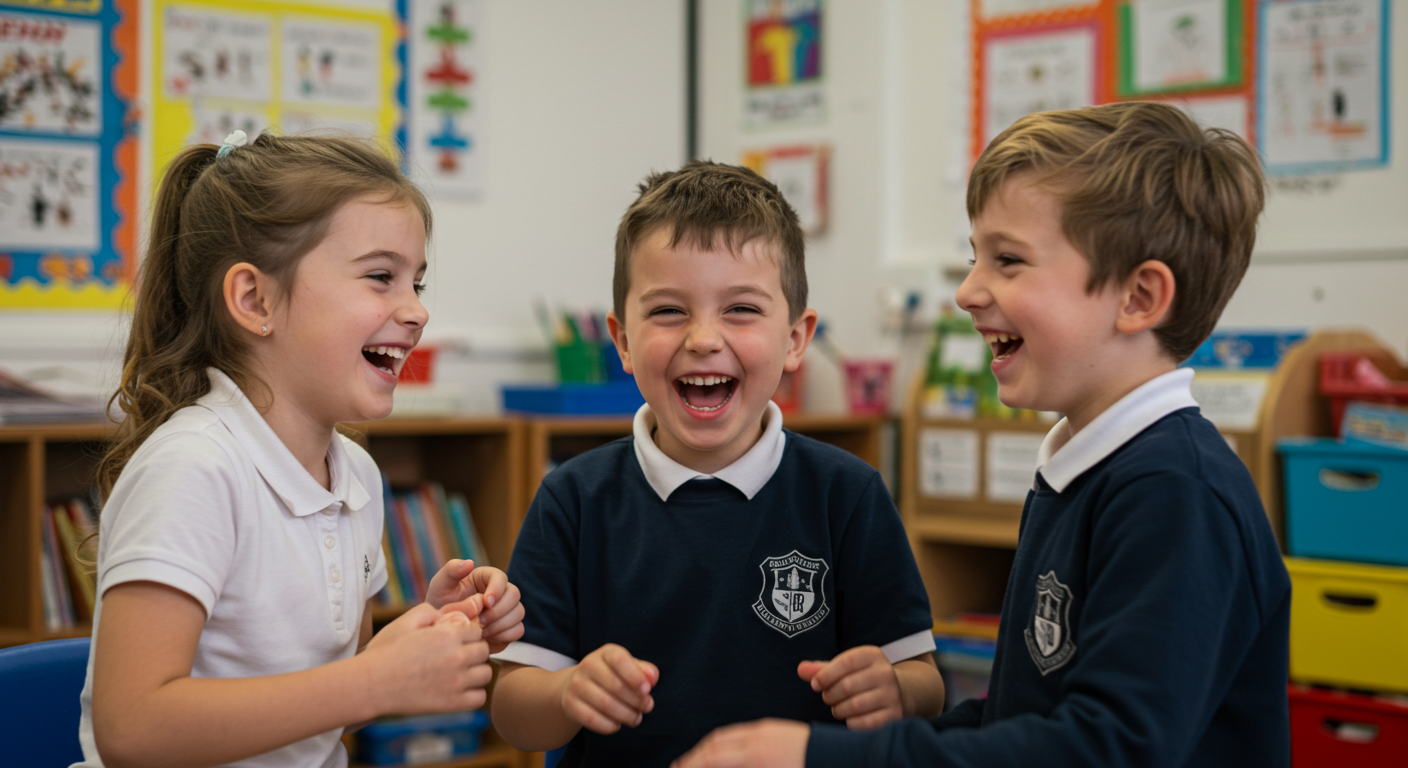
Social and emotional skills play a crucial role in helping children navigate their relationships and manage their emotions.
This development ultimately contributes to healthier interactions with their peers.
Emotional Regulation
Teaching emotional regulation is essential for helping children understand and manage their emotions, which in turn fosters resilience during challenging situations.
Incorporating mindfulness exercises can greatly enhance this emotional regulation. Techniques such as deep breathing, body scans, and mindful observation enable children to become more aware of their feelings and how to respond to them effectively.
Additionally, emotion charts serve as effective tools; they assist children in visually identifying and labelling their emotions, making it easier for them to communicate their feelings to peers or adults.
Research indicates that classrooms implementing these methods experience a 25% improvement in behavioural outcomes. This suggests that children not only learn to manage their emotions more effectively but also engage more positively with their surroundings.
Interpersonal Skills
Developing interpersonal skills is crucial for children as they learn to build relationships and communicate effectively with their peers. Engaging in collaborative activities can significantly enhance these interpersonal skills.
Research indicates that children who participate in group projects and play-based learning see about a 30% increase in their social interactions.
For example, projects such as creating a community garden not only promote teamwork but also instil a sense of responsibility. Similarly, play-based learning activities, such as role-playing games, enhance communication as children negotiate roles and outcomes.
Incorporating these activities in classrooms or at home can foster enriching environments, allowing children to practise empathy, patience, and problem-solving within social contexts.
Empathy Development
Developing empathy during early childhood plays a crucial role in fostering emotional intelligence, which allows children to understand and share the feelings of others.
To nurture empathy, one effective approach is to engage children with storybooks that feature a variety of characters and situations. For instance, reading The Family Book by Todd Parr can help children gain an appreciation for different family structures.
Along with reading, incorporating role-playing activities is another excellent strategy. By having children act out various scenarios, such as sharing toys or resolving conflicts, they can practise viewing situations from another person’s perspective.
These methods not only enhance empathy but also promote greater cooperation among peers. Research indicates that classrooms implementing these practices can see a 40% improvement in collaborative behaviour among students.
Motor Skills Development
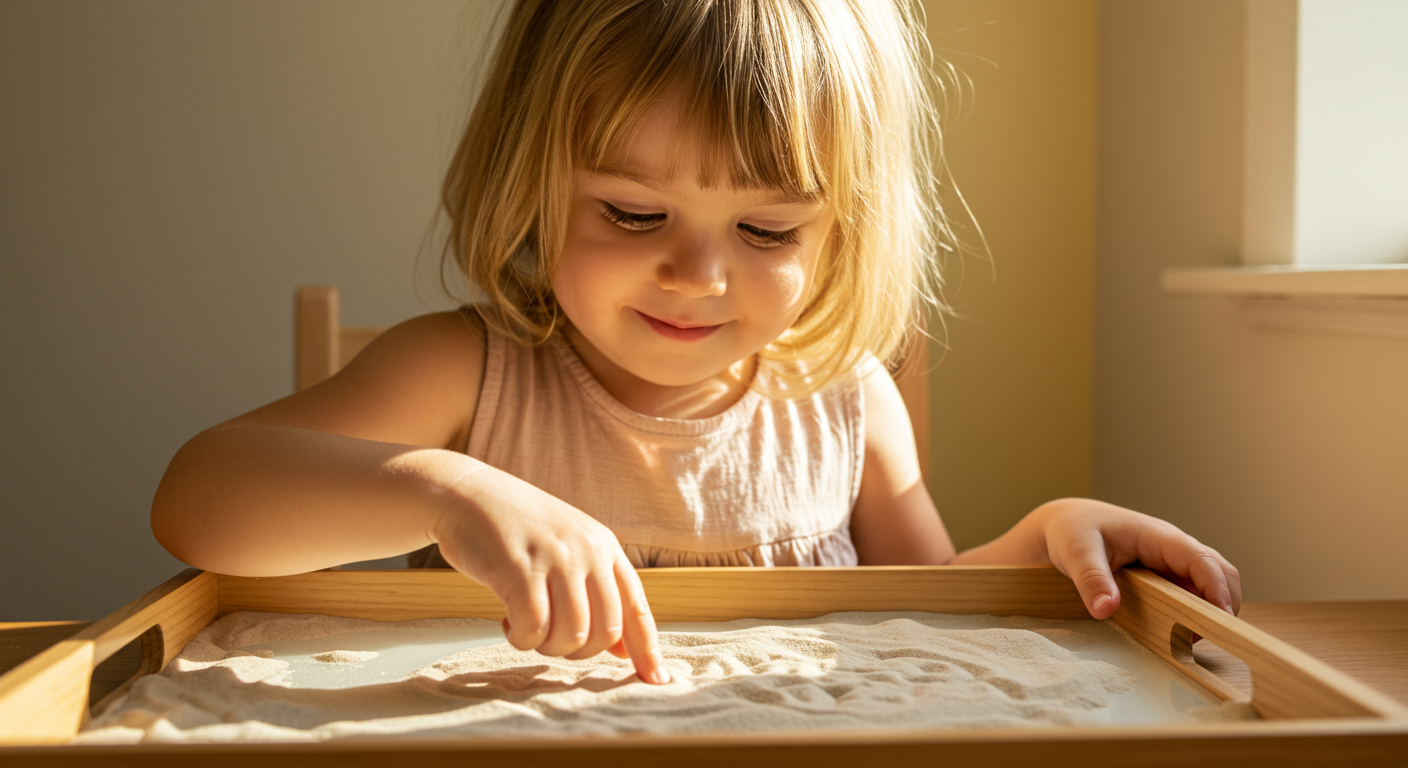
The development of motor skills is essential for children’s physical coordination and overall health, as it significantly impacts their ability to participate in a wide range of activities.
Fine Motor Skills
Fine motor skills encompass the small muscle movements that are essential for various tasks, including writing, drawing, and self-care activities. To enhance these skills, engaging in activities like bead threading can be particularly beneficial. This enjoyable exercise allows children to thread different beads onto a string, which significantly improves their hand-eye coordination.
Additionally, manipulating playdough—through actions such as rolling, pinching, and cutting—encourages the development of strength and dexterity in hand muscles. Another important activity is practising scissor cutting; guiding children to cut along straight and curved lines helps refine their control and precision.
Research has shown a strong correlation between these activities and increased academic readiness. Children who develop fine motor skills tend to demonstrate improved abilities in writing and problem-solving tasks, setting a solid foundation for their educational journey.
Gross Motor Skills
Gross motor skills involve the use of larger muscle movements and are crucial for various physical activities, such as running, jumping, and climbing. Engaging in outdoor activities, like obstacle courses and nature walks, can significantly enhance these skills.
For instance, obstacle courses present children with challenges that require them to navigate climbing walls, balance beams, and tunnels. This not only improves their coordination but also builds strength.
In contrast, nature walks encourage children to run across uneven terrain and jump over small obstacles, fostering their agility.
Research indicates that children who participate in these activities experience a 35% increase in their levels of physical activity. This promotes overall health and well-being while making the learning experience enjoyable and physically engaging.
Literacy and Numeracy Foundations

Establishing a strong foundation in literacy and numeracy during early childhood is crucial for children’s academic success and sets the stage for lifelong learning. Summer activities can play a significant role in this aspect—our guide to summer learning activities offers valuable insights into enhancing these essential skills.
By focusing on these fundamental skills at a young age, children are better prepared to navigate their educational journeys and beyond.
Early Reading Skills
Developing early reading skills is crucial for children to become proficient readers and achieve success in their educational pursuits.
One effective way to nurture early reading is through interactive read-alouds, where children can actively engage with the story.
Incorporating phonemic awareness games, such as rhyming and sound recognition activities, can help build essential foundational skills. Programmes like ‘Reading Eggs’ provide structured activities designed to enhance letter recognition and vocabulary development.
Research indicates that children who participate in these methods can experience significant improvements in their reading levels, often advancing by several year groups within just a few months.
Regular practice, ideally around 20 minutes a day, not only enhances fluency but also strengthens comprehension, establishing a solid academic foundation for future learning.
Basic Math Concepts
Introducing basic maths concepts during early childhood is crucial for establishing a strong foundation for children’s future mathematical understanding. Engaging activities such as counting games and shape recognition can greatly enhance children’s maths skills.
For example, using toys for counting exercises helps children visualise numbers, while sorting shapes improves their spatial awareness. Additionally, incorporating number songs during playtime can enhance both memorisation and enjoyment of maths.
Research indicates that children who engage in these types of activities experience up to a 50% improvement in maths readiness compared to their peers who do not participate. Therefore, it is essential to integrate enjoyable and interactive learning methods to foster early mathematical competence.
Creative and Critical Thinking
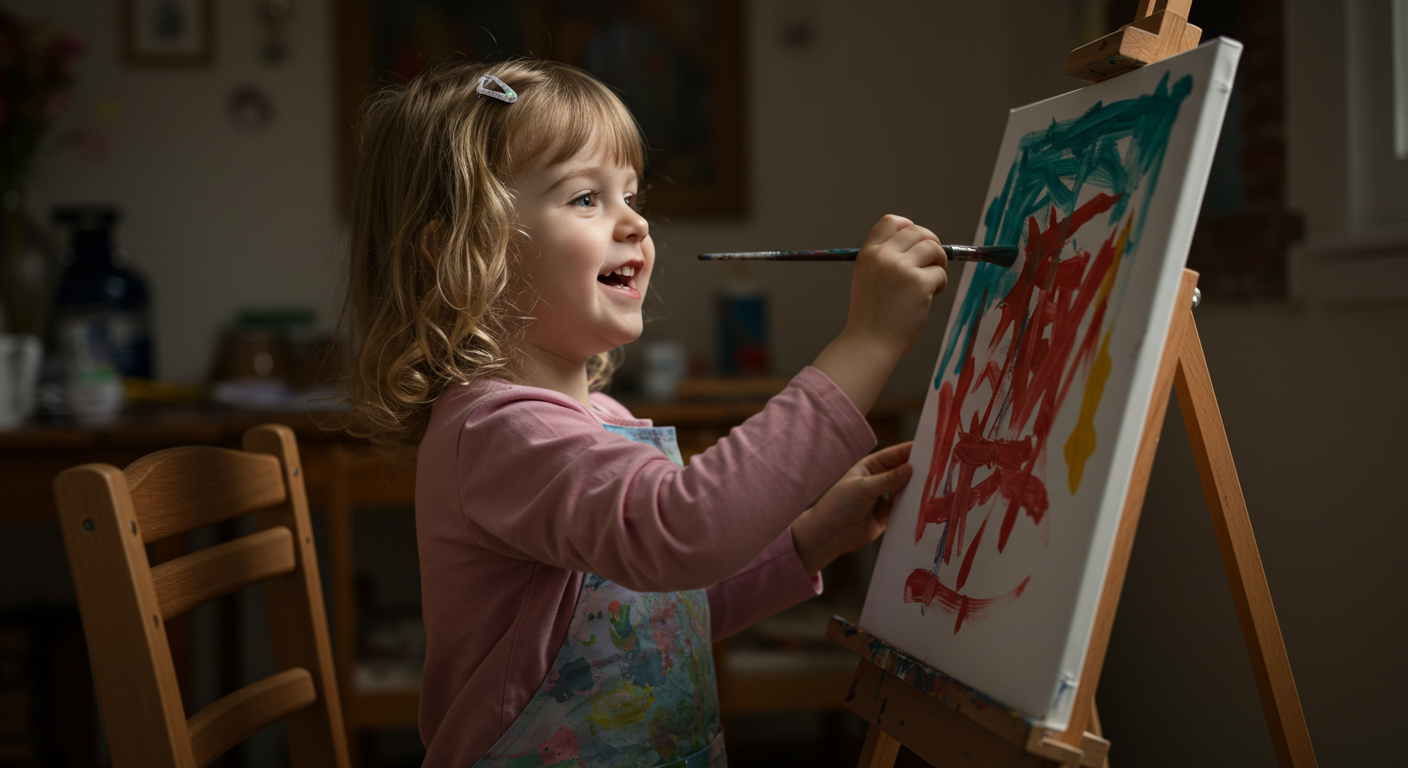
Creative and critical thinking skills enable children to explore, innovate, and tackle problems from various perspectives.
By fostering these skills, we provide them with the tools they need to think independently and develop unique solutions to challenges they encounter.
Encouraging Imagination
Encouraging imagination through play and exploration is essential for fostering creativity and enriching children’s learning experiences. To effectively promote imaginative play, it is beneficial to provide open-ended toys, such as building blocks, art supplies, and costumes, which allow for creative expression.
Creating themed play areas—such as a play kitchen, a space station, or a puppet theatre—can further encourage children to engage in role-playing scenarios. Research indicates that implementing these strategies can result in as much as a 60% increase in creative playtime.
It is important to monitor children’s engagement levels and adjust the environment and toys as needed to maintain their interest and nurture their imagination.
Fostering Innovation
Fostering innovation in young learners is essential for developing their ability to think outside the box and tackle challenges with creativity. One effective way to cultivate this innovation is by engaging students in practical science experiments, such as building simple circuits with batteries and LEDs. This not only enhances their problem-solving skills but also makes learning more interactive.
Incorporating art projects, such as creating sculptures from recycled materials, promotes resourcefulness and encourages students to think creatively. Programmes like the Stanford d.school’s Design Thinking have demonstrated a remarkable 45% increase in innovative outputs by emphasising iterative prototyping and peer feedback.
It is crucial to establish environments that prioritise curiosity, allowing students to ask questions and explore a variety of solutions. By combining structured activities with opportunities for creative freedom, we can deepen their understanding and ignite ongoing innovation in their learning journey.
Frequently Asked Questions
What are early learning skills?
Early learning skills are the fundamental abilities that young children develop in the first few years of life. These skills include cognitive, physical, social, and emotional skills that play a crucial role in a child’s overall development.
Why is it important to focus on early learning skills for 4+ success?
Research has shown that the first few years of a child’s life are critical for brain development. By focusing on early learning skills, we can help set a strong foundation for a child’s future academic, social, and emotional success.
Which early learning skills matter most for 4+ success?
The most important early learning skills for 4+ success include language and communication, critical thinking and problem-solving, social skills, and self-regulation. These skills are essential for children to excel in school and in life.
How can parents and carers help develop these skills in young children?
Parents and carers play a crucial role in a child’s early learning development. They can promote language and communication skills by reading to their child, encourage critical thinking by asking open-ended questions, and model positive social behaviours. They can also help children develop self-regulation skills by providing consistent and supportive discipline.
Are there any activities or games that can help strengthen these skills?
Yes, there are many fun and engaging activities and games that can help strengthen early learning skills. For example, playing memory games can improve cognitive skills, while role-playing or pretend play can enhance social skills. Arts and crafts activities can also promote fine motor skills and creativity.
What should I do if I notice my child is struggling with certain early learning skills?
If you notice your child is struggling with certain early learning skills, it’s essential to seek support and guidance from a trusted professional, such as a paediatrician or early childhood educator. They can provide resources and strategies to help your child overcome any challenges and thrive in their development.



